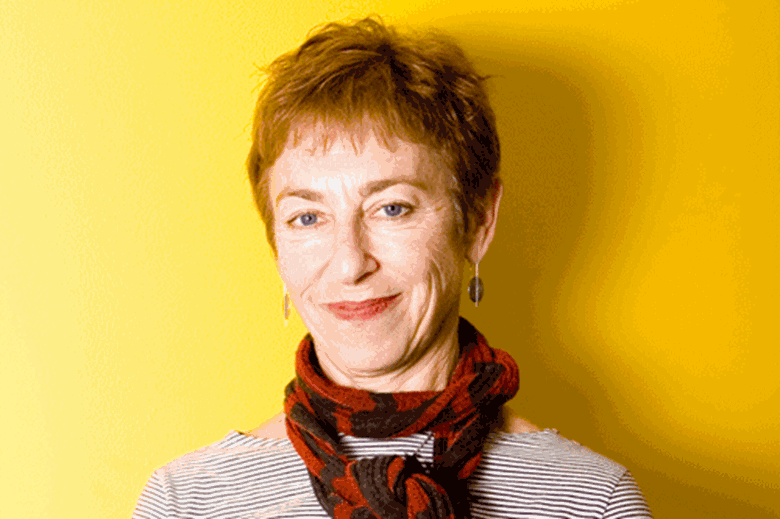'Councils still failing to properly tackle CSE' - children's commissioner
Joe Lepper
Tuesday, February 17, 2015
Councils and police forces are failing to face up to the realities of child sexual exploitation (CSE), according to a critical report by the Office of the Children's Commissioner for England (OCC).

The report, If It’s Not Better, It’s Not the End, is part of the OCC’s inquiry into sexual exploitation and found in many areas victims and potential victims are still not being identified by child protection agencies. It is a follow-up to an initial report published by the OCC in late 2013 that revealed CSE was a bigger problem than previously thought.
The latest report says that in one cluster of nine councils, the rates of known victims of CSE varied between one and 65 per 10,000 children, despite the areas having similar deprivation levels and demographics.
While 2,092 victims of CSE were identified in 2013 in England, just 48 per cent of local children's safeguarding boards (LSCBs) said agencies in their area had identified victims.
The OCC also found that while at a senior level there is a commitment to tackling CSE, this message was not filtering through to frontline staff. This is most apparent through the failure of child protection professionals to share information – while 31 out of 38 police forces have strong information sharing protocols in place with social care half reported experiencing barriers to multi-agency information sharing.
As well as improved information sharing, the OCC echoes the education select committee's recommendation for schools to provide relationship and sex education is part of a "robust” personal, social, health and economic education programme.
Deputy children’s commissioner for England and chair of the inquiry Sue Berelowitz, said: “It is clear that at the frontline much work is still needed. There is a gap between strategy and what happens on the ground.
“Once again we are calling for age-appropriate relationships and sex education to be made a statutory component of the curriculum. Young people need to understand what are and what are not healthy relationships.”
Barnardo’s said LSCBs should be given legal powers to compel local agencies to provide them with information on CSE so they can better monitor how the issue is being tackled locally.
Barnardo’s chief executive Javed Khan said: “It is simply inexcusable that nearly half the agencies in England have failed to identify any victims of child sexual exploitation.
“It is vital that LSCBs are robust and vigorous in mapping the problem, holding agencies to account and raising awareness to ensure everyone is able to spot the signs of child sexual exploitation.”
The Children’s Society’s director of campaigns and policy Peter Grigg says the report should act as a “wake up call” to councils and other child protection agencies to improve the way they tackle CSE.
He added: “It is shocking that after so many reports, court cases and inquiries on child sex abuse there are still areas of the country where the authorities have no idea how many victims there are.
“Councils, the police, social services and others working with vulnerable children cannot effectively protect them until they understand the true scale of the problem. We urge them to share information and for the government to set guidance on doing this.”
To read more about the OCC's follow-up report see the latest issue of CYP Now or click here




